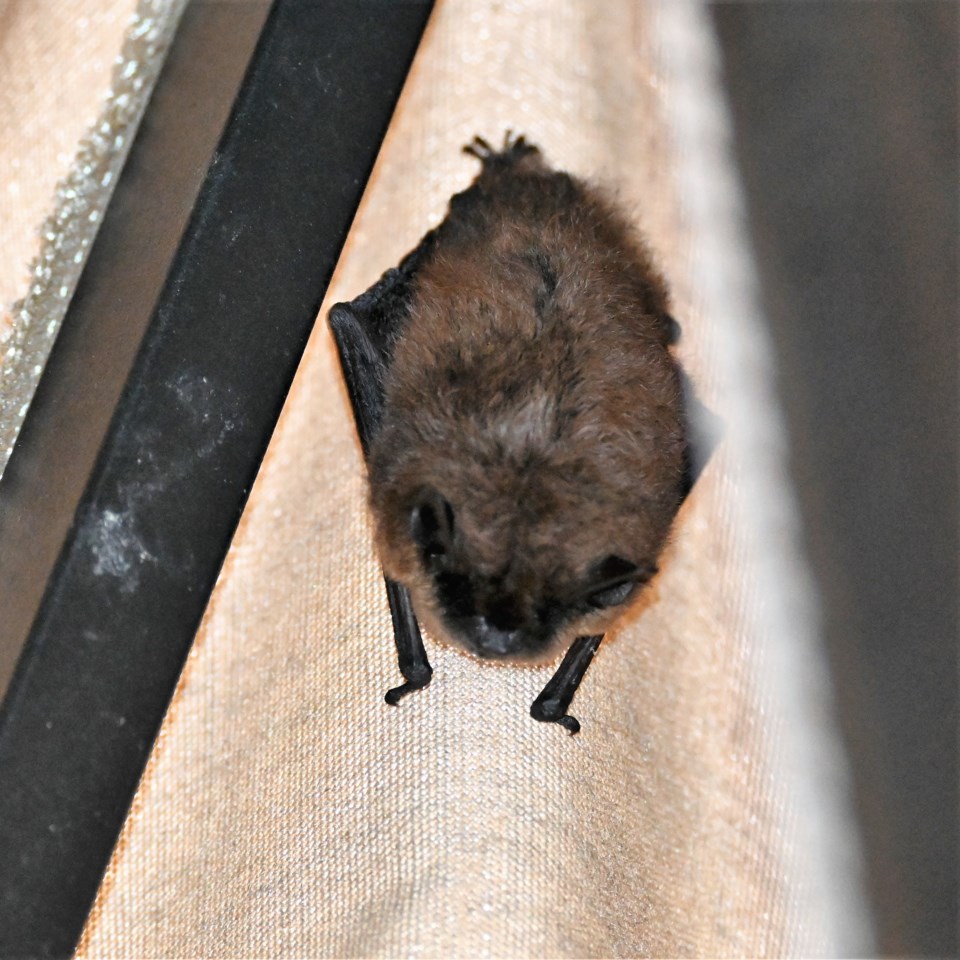Richmond residents are once again being asked to help with the region’s annual bat count and search for roosts.
Summer is here and bats, according to B.C.’s bat experts, are busy feeding on insects.
Despite the creatures giving some people the creeps, bats are actually very important wildlife and help reduce the number of pest insects that attack crops and forest, as well as helping manage mosquitoes.
Female bats are out night after night consuming their own body weight in insects - according to the BC Community Bat Program - which equates to more than 1,000 insects per bat per night.
Female bats require extra energy as they raise their pups on breast milk until the young can fly on their own.
Pups gain their independence in July and join their mothers in the feeding frenzy. Due to the increased number of bats feeding in July and August, people are more likely to notice bats and bat roosts during this time.
“The counts are a wonderful way for people to get outside, respect social distancing guidelines, and be involved in collecting important scientific information” said Danielle Dagenais, regional coordinator of the BC Community Bat Program.
“The count data helps bat biologists understand bat distribution and normal variation in colony sizes before our bats face impacts from a devastating bat disease called white-nose syndrome.”
If you are sitting out on your property this month after sunset and notice bats overhead, look to see if they are coming from your house or a neighbour’s.
With loss of natural habitat, many bat species will use buildings to roost in and raise their young, according to the bat program.
If you notice a roost, report it to the program at [email protected].
If you discover a bat roost, the program is asking people to consider joining the BC Annual Bat Count, which started Sunday, July 11 and runs until Aug. 5. Bat counts are done for one hour at sunset.
At this time bats are protected by the Wildlife Act and cannot be disturbed until September.
“Bat encounters,” say the program, can be easily prevented with these simple steps:
1. Keep doors and windows closed between sunset and sunrise and check screens for holes.
2. Keep cats indoors, especially around sunset and sunrise, as cats will hunt bats and bring their catch back to their homeowners. Pets should also be vaccinated against rabies.
3. Look for droppings below an awning or patio umbrella. Open them slowly to avoid scaring a bat and yourself. Once open the bat will leave on its own.
White-nose syndrome is an introduced fungal disease, fatal for bats but not for other animals or humans. Not yet identified in B.C., the disease continues to spread in Washington State.


